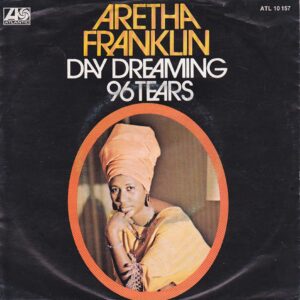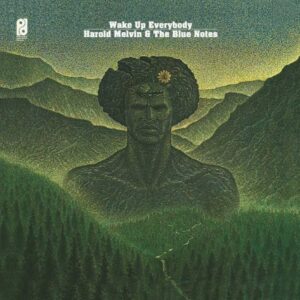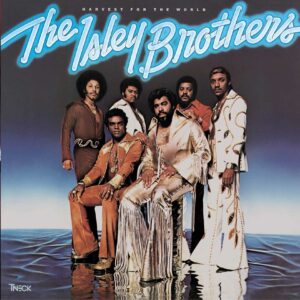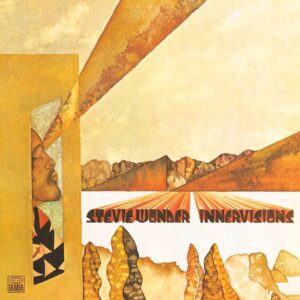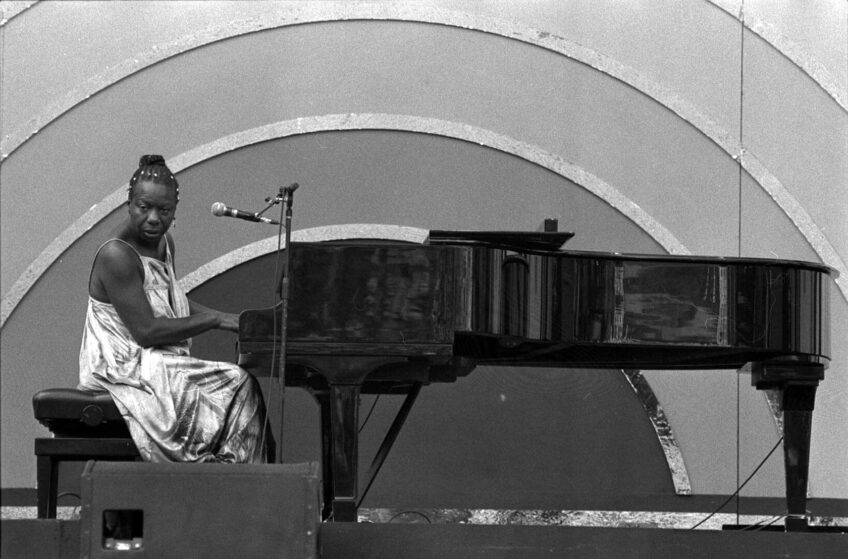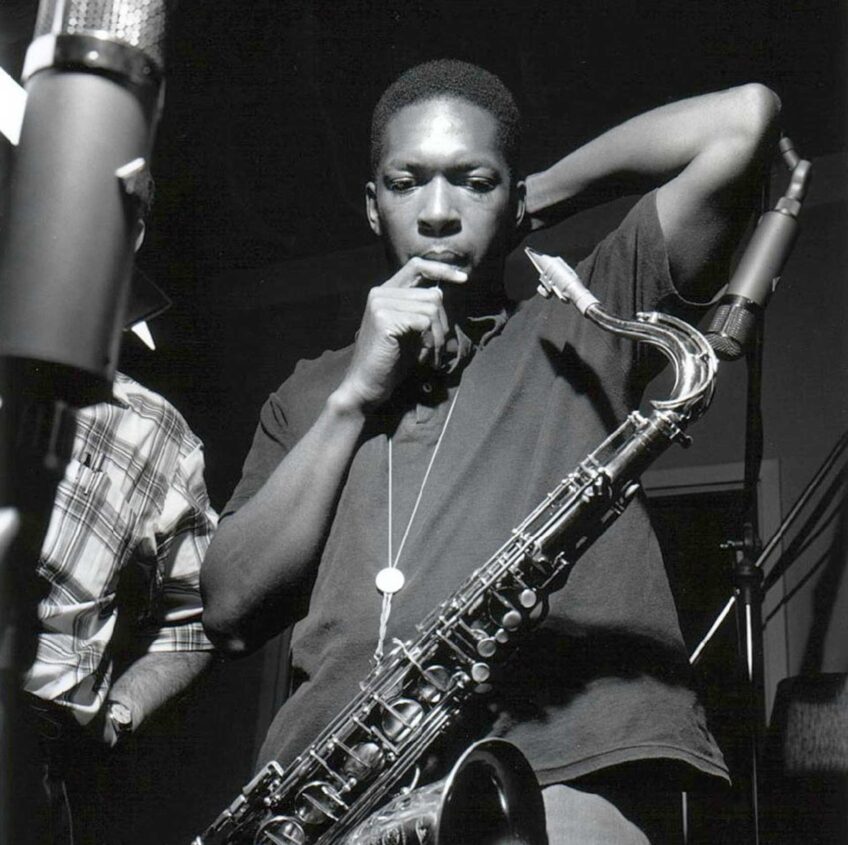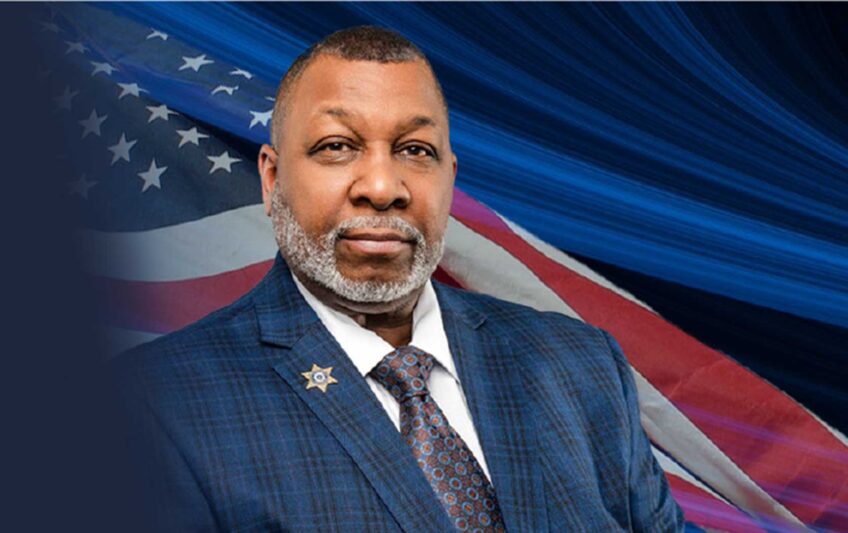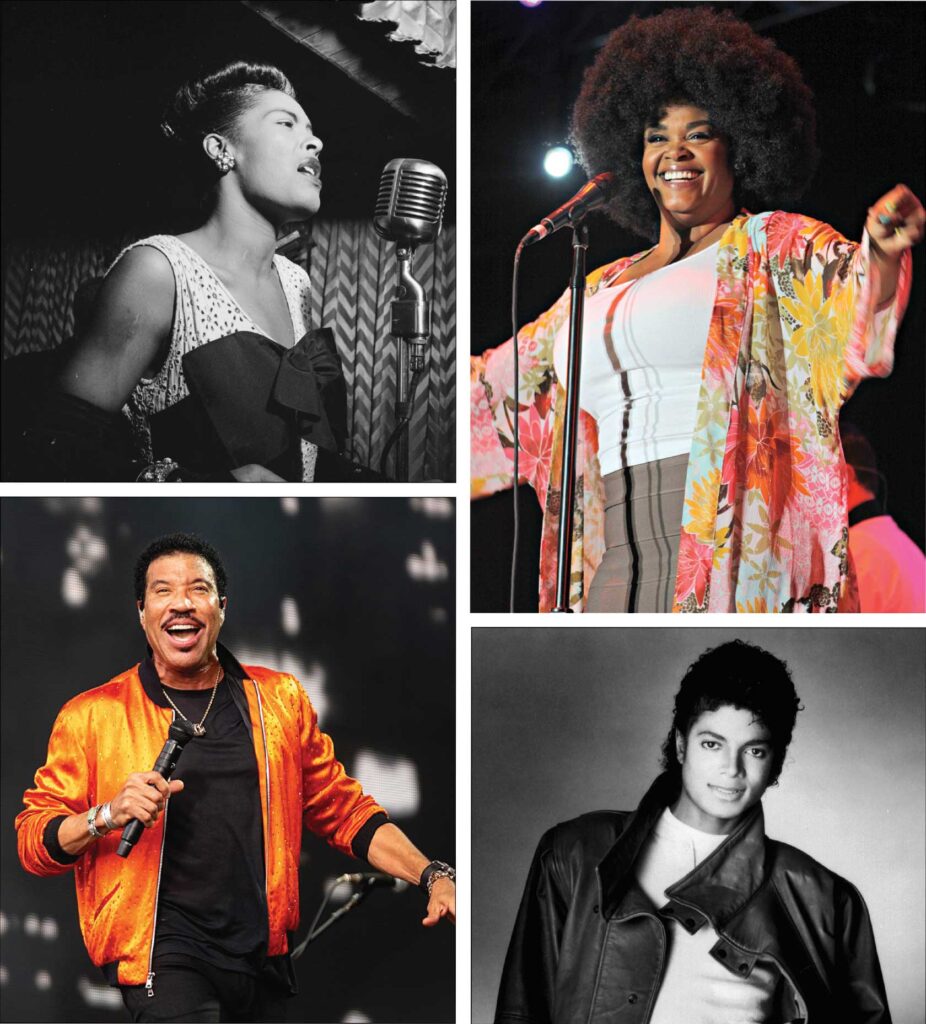
The Jazz Urbane Cultural Commentary
Songs matter. The music we take in matters because it’s so much of our social and cultural environment. Songs can be a barometer, a compass, or a representative form of art that best meets your inner needs and sets you into a happy place, no matter what. Why? Because songs matter to people, they carry reflections of our human journey. You can literally mark your time on the planet with the songs you know you lived by.
Songs invite us into the feast of our mutual humanity. They connect us and that’s what people like about a great song. Everybody can remember a song. All around the world, people sing songs that socially become our way to build bridges to others. Songs can portray who you are, what you are about, and what you dream of becoming.
Billie Holiday once said, “You have to live with my tunes. When I sing a song, it’s got to mean something to me, something I’ve had to live. Otherwise, I can’t sing.”
Songs can make you ask questions of yourself that you hadn’t thought of because they pull you into a journey. This can be because of the lyrics, the rhymes and rhythms, or the fun, funky way the band played.
I remember Michael Jackson’s “Man in the Mirror” as a reflection of your whole being.
For some, songs are a soul path, heard in the form of blues, a traditional gospel song of faith, a rap song, a child’s lullaby, a love ballad, an R&B or country song.
American rocker Bruce Springsteen sees being musicians as a calling because they are the world’s storytellers.
“I try to come in and be that alternative source of information. I always felt a musician’s job was to provide an alternative source of information, a spiritual and social rallying place, somewhere you went to have a communal experience. There is a long tradition of the artist being involved in the life of the nation. For me, it goes back to Woody Guthrie, James Brown, Curtis Mayfield and Bob Dylan. These were all people who were alternative sources of information,” he said.
The power of a narrative to tell our story humanizes us, connects us, and bridges the gaps of the social and cultural divides. Blues in America in the first decades of the 20th century became the forum to tell that story. Charlie Parker, the great American jazz saxophonist, during the breaks in between sets, listened to country music. He was overheard several times asking his band members, “Have you listened to the stories in these songs?”
There are songs that define and affect our psyche, our thinking and our ideas about the world we live in. They occupy a large place in our cultural intake.
We all benefit from the joy these kinds of expressions bring and the meaningful ways they help us trace our connections to each other. The poetry of songs speaks to our common stories about love, disappointments, our common social protests and our dreams. The ideas found in these songs can inspire and change the conditions in communities, cities and nations. A simple song wrapped up in melodies, rhythms and repetitions can move millions of people to see better possibilities.
That’s the superpower of songs, the ability to re-enact past experiences of value which helps to sustain ideas, values and forgotten experiences that can be reflected upon and then brought forward, generation after generation.
Some songs that speak to my soul include:
“Golden” by Jill Scott
“Love Will Find a Way” by Lionel Ritchie
“Higher Ground” by Stevie Wonder
“Harvest for the World” by The Isley Brothers
“You’ve Got a Friend” by Carole King
“Keep Your Head to the Sky” by Earth, Wind and Fire
“Wake Up Everybody” by Harold Melvin and the Blue Notes
“People Make the World Go Round” by Stylistics
“Daydreaming” by Aretha Franklin
“A Song for You” by Donny Hathaway
Just think of Woody Guthrie’s “This Land is Your Land” or Marvin Gaye’s “What’s Going On?” In both these songs, though written in the ’30s or ’70s, carry a message into today’s times. Both writers embrace the ideas and melodies of these poignant works and sing from the heart in real time, a testimony of our human existence.
Dr. Martin Luther King Jr. once wrote, “God has wrought many things out of oppression. He has endowed his creatures with the capacity to create — and from this capacity has flowed the sweet songs of sorrow and joy that have allowed man to cope with his environment and many different situations.”
“Modern jazz has continued in this tradition, singing the songs of a more complicated urban existence,” he added. “The musician creates an order and meaning from the sounds of the earth which flow through his instrument. Much of the power of our freedom movement in the United States has come from this music. It has strengthened us with its sweet rhythms when courage began to fail. It has calmed us with its rich harmonies when [our] spirits were down. Jazz speaks for life. … This is triumphant music.”
John Coltrane, saxophonist and composer, wrote, “Jazz can speak to our souls … can help heal a corrupt and tortured world. … The main thing a musician would like to do is give the listener a picture of the wonderful things he senses in the universe.”
Soul music in the ’60s and ’70s stood out as resounding proclamations of pride, inner strength and cultural agency that defined an era. The ideas were so defining that soul came to be associated with more than just music. It was connected to power, pride, hair and clothes, as well as human spiritual attitude and empowerment.
The power of music is even referenced in the Bible.
“Then sang Moses and the children of Israel this song unto the Lord. … I will sing unto to Lord, for [we] have triumphed gloriously.” Exodus 15:1
“Miriam the prophetess, Aaron’s sister, took a tambourine, and all the women followed her with tambourines, dancing. Miriam led them in singing, Sing to God — what a victory! He pitched horse and rider into the sea!” Exodus 15:20-21
Songs matter and help to move the needle as the culture percolates forward. They can heal the heart and souls of people in times where the potential of joy-filled, mind-clearing, and caring thoughts and actions are desperately needed. These are some of the ways songs matter.
Songs are one of the most powerful examples of how people will universally find the right vehicles to express the way we find connection, all of which brings us back to our opening theme of how songs matter. The songs we take in matter because they inhabit us. The lyrics are literally asking us to “better listen.” They tell a story that others need to hear. The composed music that floats those lyrics becomes the embodiment of a transforming magic that everyone at some point in their lives will be enchanted and moved by.


